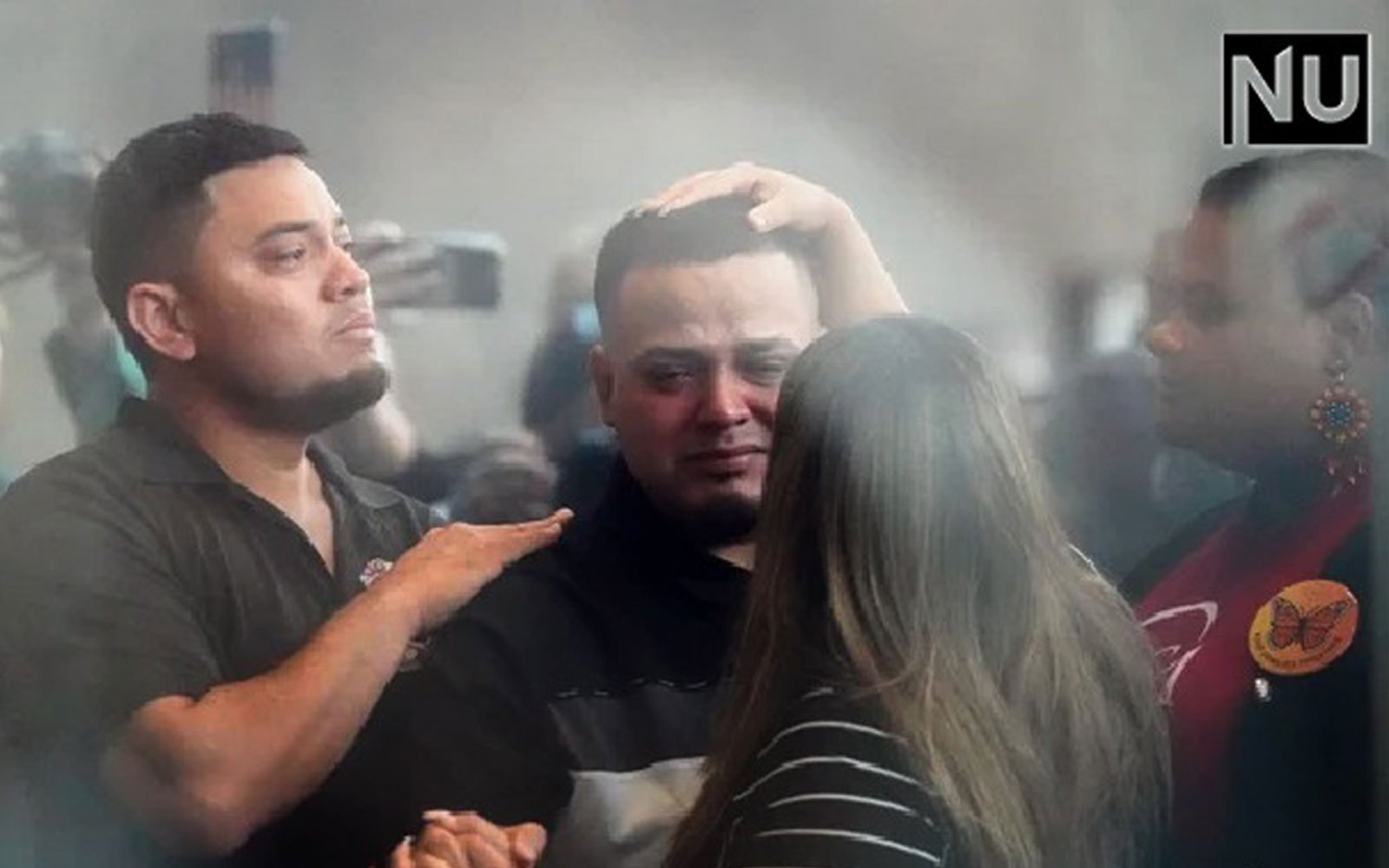August 25, 2025 — Washington, D.C.
In a high-profile immigration case, a U.S. federal judge has temporarily halted the deportation of Kilmar Abrego Garcia, who was set to be sent to Uganda despite having no connection to the country. The decision has raised serious questions about due process, immigration enforcement, and human rights in America.
Who Is Kilmar Abrego Garcia?
Garcia is a native of El Salvador who has lived in Maryland for years. His name first came into the spotlight earlier this year when he was wrongfully deported to El Salvador in March 2025, even though a court order protected him from removal.
In El Salvador, he was sent to a mega-prison, where reports suggest he suffered abuse and torture. After legal and political pressure—including action by the U.S. Supreme Court—he was returned to the U.S. in June to face human smuggling charges.
ICE Attempts Deportation to Uganda
Following his release from Tennessee custody, Immigration and Customs Enforcement (ICE) took Garcia into federal custody. Shockingly, ICE began efforts to send him to Uganda, a nation where he has no family, citizenship, or residency.
His attorneys argue this move violates constitutional rights. They revealed that earlier in 2025, prosecutors made a controversial offer: accept deportation to Costa Rica if he pleaded guilty, or risk Uganda if he refused. His legal team described the tactic as:
“Holding Costa Rica as a carrot and using Uganda as a stick.”
Judge Blocks the Deportation
On August 25, U.S. District Judge Paula Xinis issued a temporary restraining order that blocks ICE from moving Garcia out of the U.S. The judge ruled:
ICE must provide 72 hours’ notice before any removal attempt.
Garcia must remain inside the continental United States until further hearings.
His attorneys must be allowed to argue his case fully to protect his due process rights.
This order has given Garcia a short-term victory, though the legal battle continues.
Why This Case Matters
The Kilmar Abrego Garcia case represents more than one man’s legal fight—it reflects the broader immigration challenges in the U.S.
Critics argue that deporting someone to a country they have no ties to sets a dangerous precedent and undermines constitutional rights.
Supporters of strict enforcement claim Garcia’s alleged ties to MS-13 and human smuggling charges justify his deportation.
Regardless of opinion, the law requires that deportation follow due process, ensuring that rights are respected under the Constitution.
Political and Public Response
The case has drawn widespread attention:
Senator Chris Van Hollen (D-MD) traveled to El Salvador earlier this year to support Garcia’s return. He warned: “If his rights are denied, the rights of everyone else are put at risk.”
Maryland Governor Wes Moore stated that only a judge has the authority to determine Garcia’s fate.
Human rights groups have pointed to Garcia’s case as proof that immigration reform is urgently needed.
What’s Next for Garcia?
The temporary block ensures Garcia remains in the U.S. for now, but his future remains uncertain. Upcoming hearings will address:
Whether ICE has the authority to deport him to Uganda.
Whether his wrongful deportation to El Salvador proves the government cannot ensure his safety abroad.
How the Constitution’s due process clause applies to his case.
Until then, Garcia will remain in ICE custody.
Final Thoughts
The fight over Kilmar Abrego Garcia’s deportation is more than a personal struggle—it’s a test of the rule of law, immigration enforcement, and human rights in America.
For now, a judge has blocked his deportation to Uganda. But the upcoming decisions could reshape how the U.S. handles controversial deportation cases in the future.









